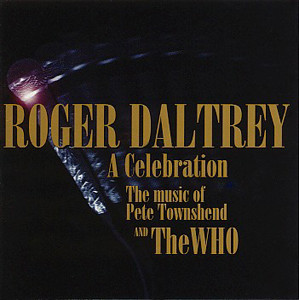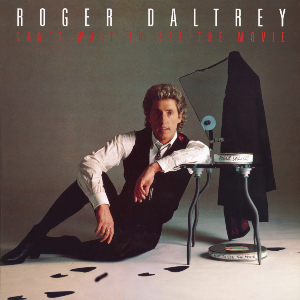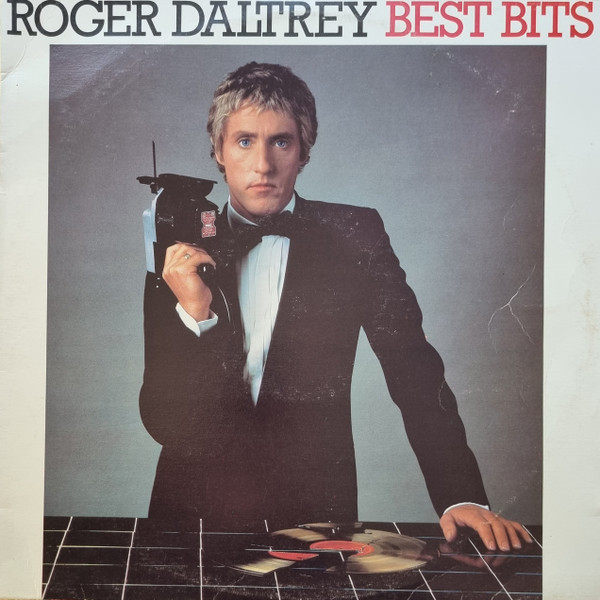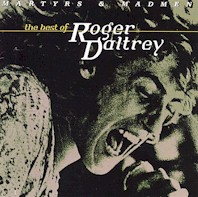The title track is a great punchy soul number, one of those songs that loomed large on the British R&B scene when the Who were starting out. It’s a sharp switch to “How Far”, a Stephen Stills track from Manassas delivered in the same spirit. However, “Where Is A Man To Go” switches the gender of a song most commonly associated with Dusty Springfield after bouncing around Nashville for a while, and it doesn’t really work for Roger. Research tells us that “Get On Out Of The Rain” is a modified title for an early Parliament song; the political lyrics are relevant for 2018, but sound a little mushmouthed coming from him. “I’ve Got Your Love” is similarly dug up from a Boz Scaggs album released around the same time as Nick Cave’s “Into My Arms”, and both suit him fine.
Political throwbacks continue with a slowed down take on “You Haven’t Done Nothin” by Stevie Wonder, and then the album stays in the same tempo for the duration. He goes back to the ‘50s for the little-known doo-wop of “Out Of Sight, Out Of Mind”, and up to the mid-‘60s for “The Love You Save”, the old Joe Tex number. Oddly, he sounds the least like himself on “Certified Rose”, which he wrote himself and had even performed with the Who when John Entwistle was still alive. But the album ends strong with another original. “Always Heading Home” is a pretty piano ballad with piano and cello than recalls the sweeter pop of his solo debut.
As his autobiography (also out this year) attests, Roger loves his job, and is happy for whatever good turns come his way. As Long As I Have You was a nice souvenir, and better than the bulk of his solo work.
Roger Daltrey As Long As I Have You (2018)—3








:format(webp):mode_rgb():quality(90)/discogs-images/R-5903912-1416537692-6892.jpeg.jpg)
:format(jpeg):mode_rgb():quality(90)/discogs-images/R-1894838-1414013024-2401.jpeg.jpg)
:format(jpeg):mode_rgb():quality(90)/discogs-images/R-4748668-1374266705-2586.jpeg.jpg)
